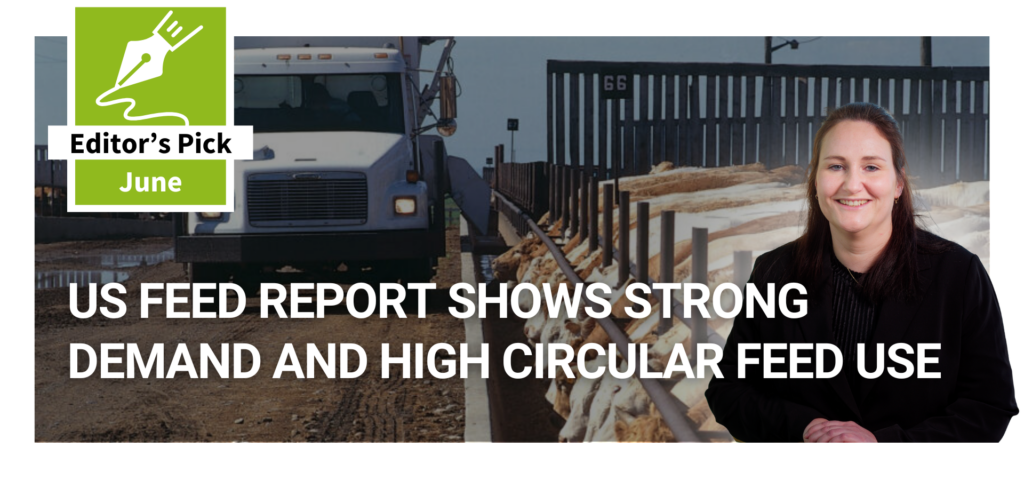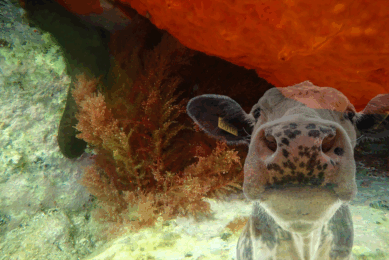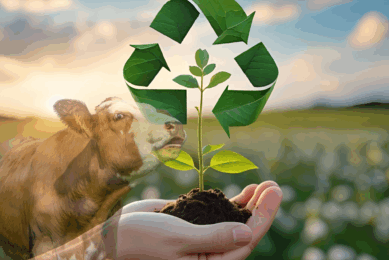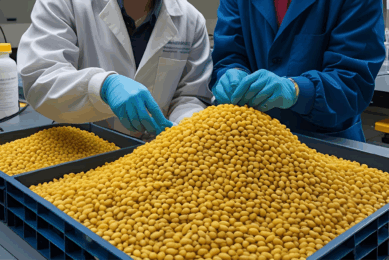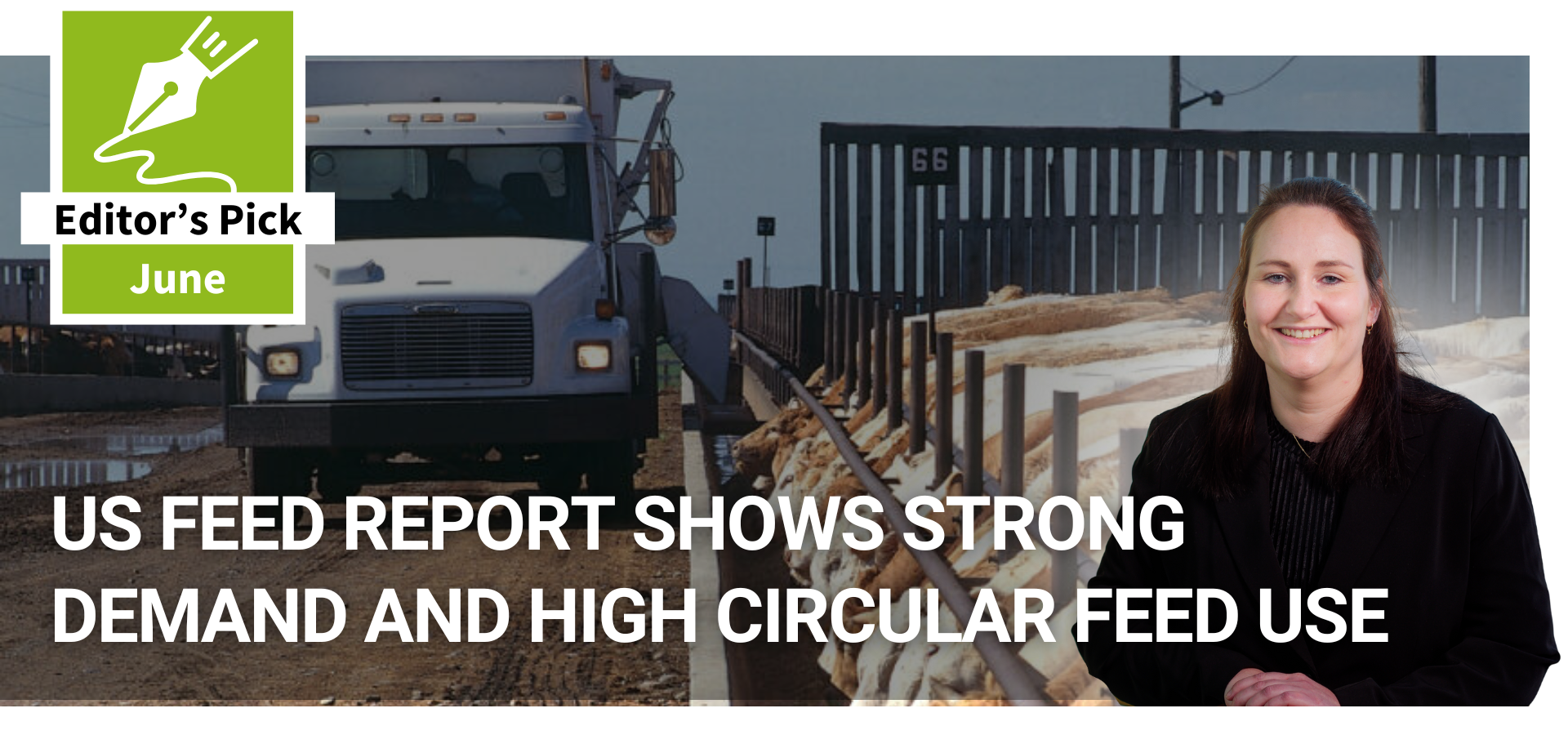Seaweed-based livestock feed launched for low carbon beef products
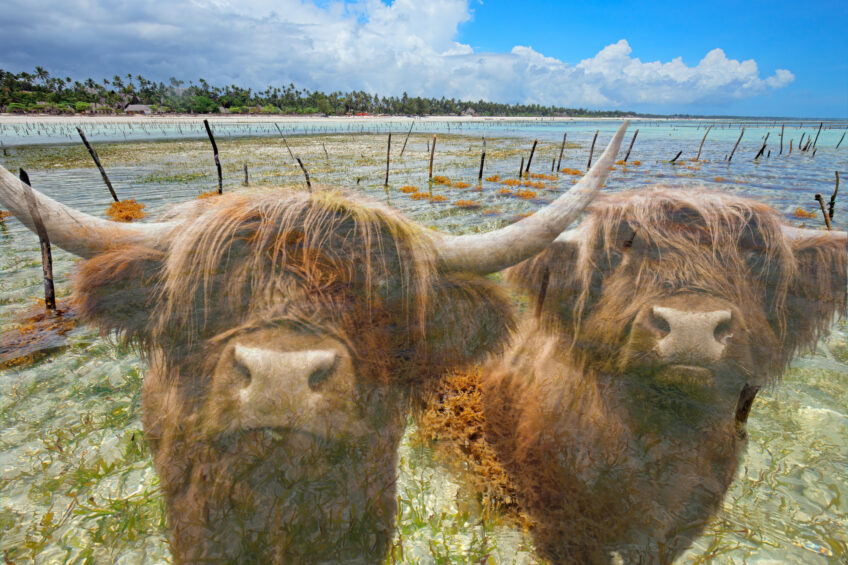
One of the UK’s leading supermarkets has teamed up with a science-based environmental technology company to introduce a seaweed-based livestock feed to help fast-track lower carbon beef products.
Morrisons has joined forces with Sea Forest to help reduce greenhouse gas emissions from beef cattle in a bid to help its ambition to achieve net zero agriculture emissions from its directly supplied farms by 2030.
SeaFeed – methane abating feed
Sea Forest, an Earthshot finalist, will work with Myton Food Group, Morrison’s manufacturing arm, to exclusively supply SeaFeed – its methane abating livestock feed – to help fast track the introduction of lower carbon beef products, such as mince, burgers, steaks and joints in Morrisons.
Sea Forest: Working with retailers to reduce methane
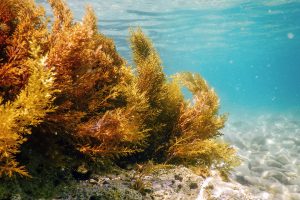
It is not the first time Sea Forest has worked with retailers as the company has already collaborated with Australian burger chain Gril’d* to introduce a beef burger made from grass-fed black Angus cattle that produces 67% less methane emissions. When the product is included as a small fraction of the animals’ diet (approximately 0.5%), it is scientifically proven to reduce methane production without impacting the taste of quality of the beef.
Sophie Throup, Technical and Sustainability Director at Myton Food Group for Morrisons, said that as British farming’s largest direct customer, it was well placed to support farmers directly to help them farm more sustainably.
“Having our own livestock experts with direct relationships with farmers enables us to make changes quickly, meaning that once our trial is complete and we have approvals in place, we can develop our lower carbon beef products and help support the drive to lower emissions from cattle.”
Sam Elsom, Sea Forest Chief Executive Officer, said: “Distributing our methane-busting solution to one of the most respected retailers and food producers in the UK to reduce livestock methane emissions is a tremendous milestone for Sea Forest. SeaFeed has the potential to sustainably feed the planet while tackling one of the most challenging pieces of the climate puzzle.
“Our trials with beef, dairy and wool producers in Australia and New Zealand have demonstrated excellent results and we are delighted to partner with Morrisons to make a meaningful impact on climate change at an international scale.”
The partnership is the latest step in an innovative research programme by Morrisons and Queen’s University, Belfast, that is looking at the use of seaweed to help reduce methane production in cattle.
Translating research into practice
Professor Shaon Huws, Director of Research in the School of Biological Sciences and Institute for Global Food Security (IGF), said the collaboration was an important example of how research translates into impact for the sector and for “the health of the planet.”
Approval of the process is being worked through, but if successful, customers should see products on the shelf in Morrisons by 2026. Morrisons last year became the first supermarket to introduce its own carbon neutral egg and wants to be completely supplied by net zero carbon farms by 2030 – 5 years ahead of its rivals.
UK’s emission reduction plans: “Poorly thought-out”
Last year, the National Beef Association criticised the UK Government’s proposals to reduce carbon emissions from the UK’s beef herd, saying that food security issues were being overshadowed by its Climate Change Committee.
“Poorly thought-out plans” including reductions in beef suckler herds in Scotland and Wales will “leave a gaping hole” in the requirements in England which are likely to be met by increased imports from countries with welfare and environmental standards below those in the UK.
In a letter to the Government , it points out that this outcome would simply export the UK’s carbon responsibilities, when a “much simpler, and hugely more effective way to reduce our carbon footprint and maintain food security would be to support and develop the production capacity in the UK as a whole”.
With separate and different carbon policies for Wales, England, Northern Ireland and Scotland, the UK is “failing to capitalise on the unique strengths of these regions”.
Setting climate protocols for each country separately rather than as a whole is “likely to lead to an increase in the overall carbon output,” it said.



